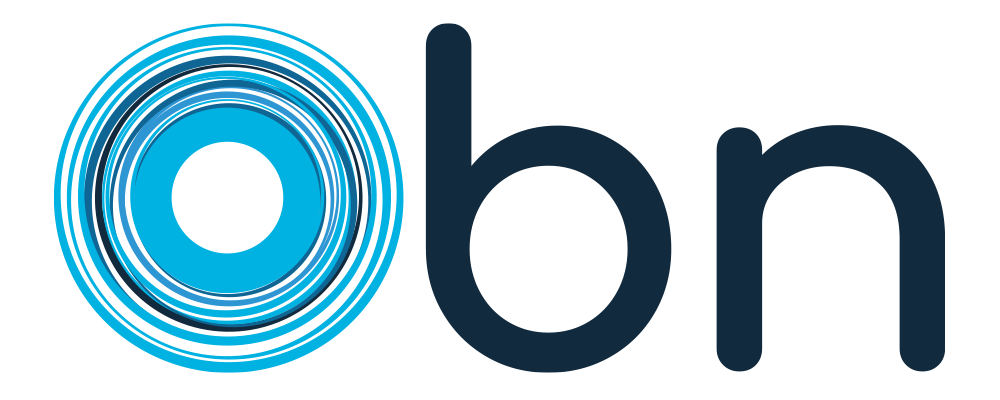
This week I would like to discuss network effects and the value of data. The book value of Facebook is around $ 100 billion. But its market cap is over $ 600 billion. The difference is due to our data that we hand over for free.
Let’s first describe the economic position of data. Data does not work like scarce sources such as raw materials. In contrast, its value increases as its supply increases. It can also be used by more than one person at a time, unlike scarce sources.
Personal and non-personal data
As we mentioned, as the amount of data increases, its value will increase, so our personal data (age, name-surname, city of birth) have a value, but they are relatively less useful on their own. Their values go up when combined with different data. This is called convergence.
For example, if the personal data of Cem is worth 10 dollars, it might become 200 dollars when combined with the list my friends, interests and daily habits. And when Facebook matches my data, with all other similar profiles in their system and using AI, make predictions about my future behaviors, then it might worth 2000 dollars. Figures are just random numbers to help the argument.
On the other hand, we also have non-personal data. These data can range from information about a company to inputs produced by the refrigerator. Especially with IoT, we can expect the amount of these data to increase exponentially. Non-personal data will gradually cover a much larger area than personal data.
I believe that the European Union’s failure to cope with the big tech companies of the USA and China (as well as the importance they give to the human rights) has encouraged them to a different strategy, especially regarding non-personal data. Apparently, EU is trying to democratize the data by putting it in a position like “air or sunlight” that we all share for free. They do this with open data initiatives. Large technology companies do not seem to be very opposed to this either. This may be because they rely on competitive advantages. Microsoft, for example, is supporting open data initiatives as its business model very much benefit from it.
The role of blockchain
Blockchain comes into the future at this point. We can keep personal data anonymous and maybe get a share in the data economy that we all contribute to. In addition, data can remain safe and secure as they will stay decentraized.
Hence, could surveillance capitalism evolve? It is difficult to predict, but people are getting more and more sensitive about their data and this might force them to change their behaviors.
Another way of handling data would be somewhere in the middle of sunlight and centralized big tech. It may be possible for some private companies or state institutions to create blockchain-based data pools (called “club good”) that only the firms in this network would access the data sets.
Increasing the value of data, rivalries between governments and companies, privacy concerns and decentralized thinking have recently prepared us for a completely different world. It is very difficult to foresee, but I think we are in a very pleasant transformation to watch.

